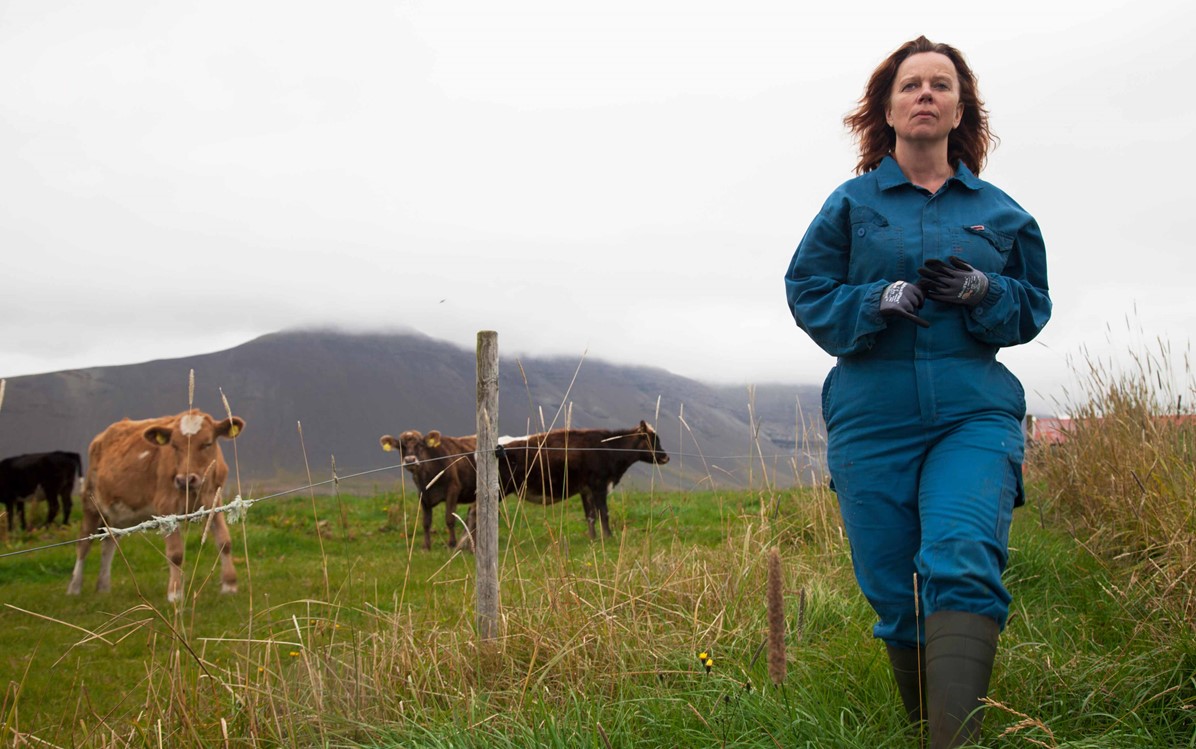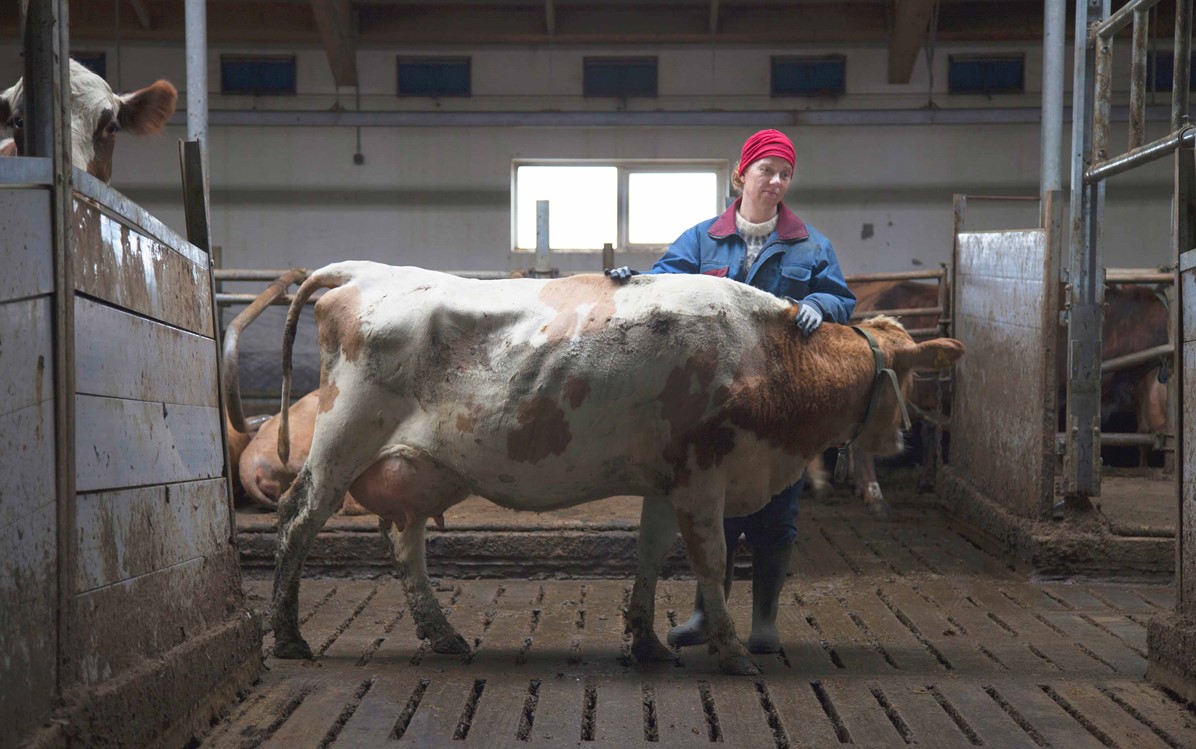
The County | GFC Review
Every Monday, 12 young film lovers head to our cinema under the stars at Lotterywest Films to take in the best international cinema has to offer. As aspiring cinephiles, we wanted to know what they thought of the flicks.
Read Samuel Herriman's review of The County.
Grímur Hákonarson’s follow-up to his acclaimed 2015 debut Rams is similarly a grimly comic exploration of rural Icelandic life,
but where Rams traded off on the animosity between two aging brothers, The County finds its narrative drive in a fired up dairy farmer widow.
Following the death of her husband Reynir (Hinrik Ólafsson), Inga (Arndís Hrönn Egilsdóttir) becomes the sole caretaker of a farm in a remote community in Iceland, the sort of place that juxtaposes advanced robotic farming technology with commute by horseback.
For all its beautifully painted landscapes, and typically rugged Nordic characters, The County is a film firmly rooted in the present day, which lends it a welcome freshness and relevance.
Inga’s farm is, like everyone else’s, part of the community’s co-op which was established in the late 19th Century to protect the farmer’s interests. Now, the co-op is run by Eyjólfur (Sigurður Sigurjónsson), an un-assuming weasel of a plutocrat who loaned money to the co-op members and forced them to modernise their equipment, and then increased the price of supplies, leaving Inga – for one – in crippling debt.
Inga uses Facebook to spread her article ‘The Co-Op Mafia,’ and after being interviewed on the nightly news, becomes enemy number one for Eyjólfur and his co-cop cabal. After buying cheaper supplies from the capital so she can chip away at her debt, she is visited by one of Eyjólfur’s goons who threatens her with eviction. It’s a sinister cycle, but one that the co-op claims is necessary for the preservation of life in the small town – they can’t compete with the chain supermarkets in Reykjavík.

As Inga learns more about how the co-op restricts economic freedoms and essentially runs the small town as a monopoly, she grows more outspoken. Inga’s journey is conventional but effective, and as played with a fierce resolve by Egilsdóttir, makes for an engaging crusade. It is all the more disappointing, then, that as Inga’s charge gains traction and followers, she takes a more passive approach, morphing from energised defiant to emblematic victim. That is not to say Inga disappears from the story, but rather her role within the narrative is diminished and when suddenly things happen to her rather than because of her it robs the film of momentum.
Outside of a brilliantly tense general meeting of the dairy farmers association, the final act is predictable and plodding. As a premise, The County is delightfully intriguing, but the payoff lacks the same inventiveness which means what could have been a tight ninety minutes feels unnecessarily slow and narratively thin.
Following in the footsteps of Rams and countryman Benedikt Erlingsson’s 2018 Woman at War, The County is a crowd-pleasing downer. Bereft of happy endings and perhaps knowing it, the rugged-up characters in these films stare out at the bleak, vast Icelandic countryside and pass a quip between gritted teeth and frosted breath.